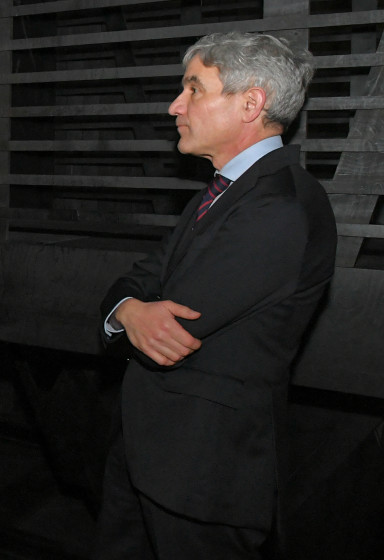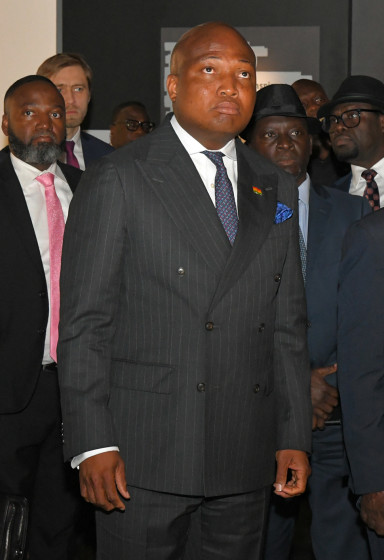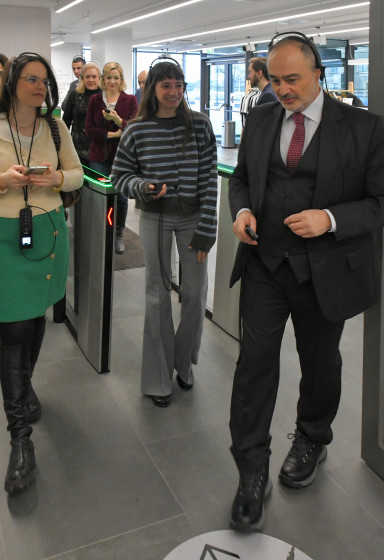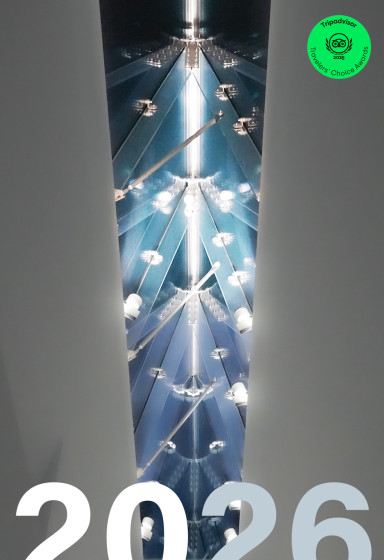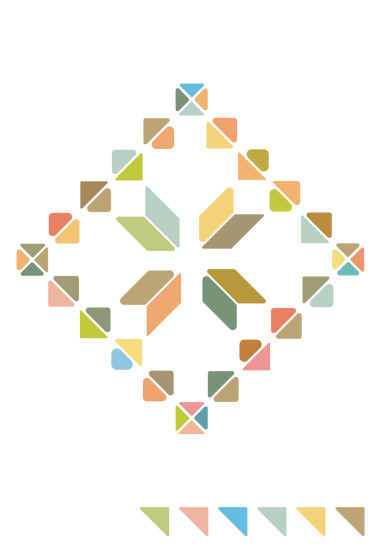Donate to Museum
Each donation helps to ensure the Museum's activities, allowing it to function and provide information for people from all over the world.
The Museum is grateful to each donor and invites everyone to contribute.
Reflecting Memory: Moving to a Common European Memory?
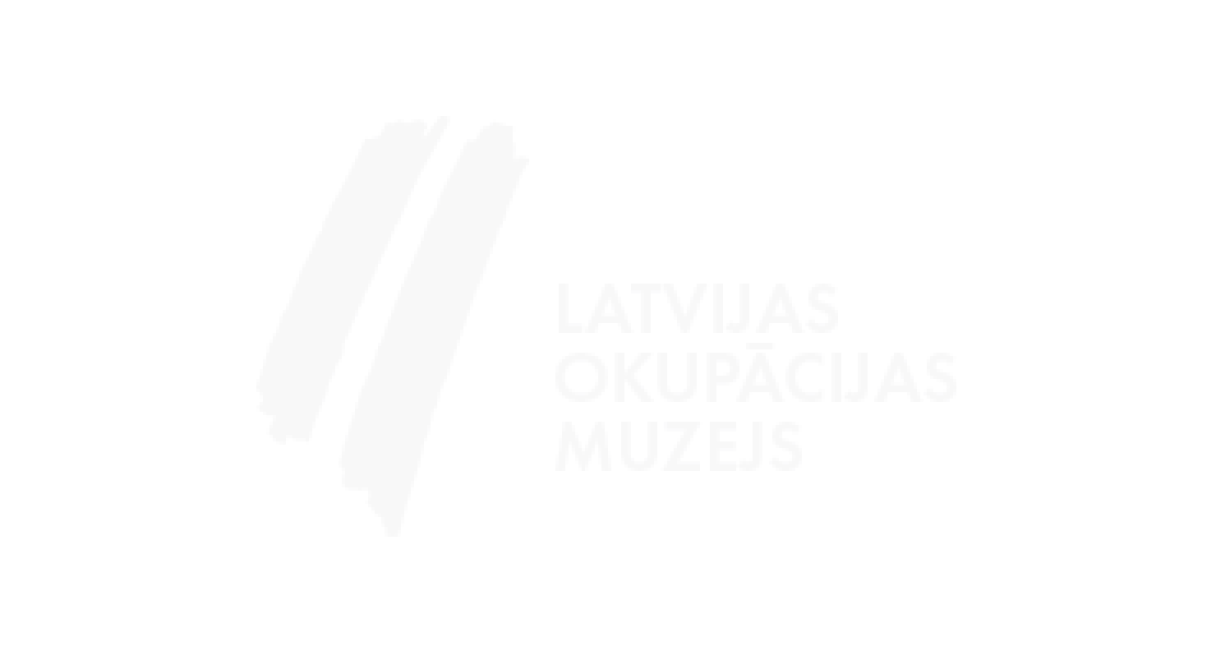
From 7 to 9 April 2013, a conference named "Reflecting Memory" took place in Erfurt, Germany. The Museum of the Occupation of Latvia was represented by Valters Nollendorfs, Chairperson of the Board of the Occupation Museum Association. The conference was organized by Action 4, "Active European Memory," of the European Commission's program Europe for Citizens in conjunction with the history teachers' organization euroclio. The Museum has received funding for two major projects from Action 4: "Interactive Map of the Gulag: Places–Times–Destinies," which is on display in the Museum, and the virtual exhibition "The Occupation of Latvia" (only to 1953), which is available online (http://www.occupation.lv).
Although the conference was organized under the question "Europe: Moving to a Common Memory?" its content overwhelmingly reflected West European culture of memory and the examples of successful projects only such devoted to the memory and commemoration of the Holocaust. Several participants protested against such one-sided approach, which almost completely ignored the crimes of Communism. Among them were Nollendorfs, Göran Lindblad, President of the Platform of European Memory and Conscience, Helmuth Frauendorfer, Vice-Director of the Hohenschönhausen Memorial, and Ronaldas Račinskas, Executive Director of the Lithuanian Historical Commission. Although not announced in the program, Frauendorfer was given a few minutes to present Hohenschönhausen, a former high-security prison of the State Security of Communist East Germany in Berlin, and its visitor program.
A part of the program was devoted to the seven-year budget planning starting in 2014. Several positive changes are in the offing as compared to the previous period. Thus the four "Actions" will be reorganized as two "strands," of which one will be devoted to historical memory and commemoration. The financing for this "strand" will be about fourfold, or 20% of the total "Europe for Citizens" program. The maximal grant amount will be increased to EUR 100,000 and maximum grant period from 1 year to 18 months. One of the sore points for East European projects was the limitation of the historical period to 1953, the end of "Stalinism" with the death of Stalin. That is why the Occupation museum's virtual exhibition ends in 1953. Nollendorfs and other speakers objected to this limitation and pointed out that the crimes of Communism did not end with Stalin. The representatives of the EC pointed out that the term "Stalinism" was introduced by the European Parliament when, in 2008, it designated 23 August, the day the Hitler–Stalin Pact was signed in 1939, as the "European Day of Remembrance for Victims of Stalinism and Nazism." It was pointed out at the same time that in practice projects extending after 1953 would be accepted henceforth.
Asked to comment his impressions about the conference, Nollendorfs stated: "West European memory and commemoration culture possesses a tremendous built-in inertia. Institutes, museums and memorial places that deal with crimes of Nazism and commemoration of the victims of the Holocaust have existed for a long time. The investigation of Communist crimes and commemoration of their victims in Eastern Europe could begin only after the fall of the Iron Curtain just over 20 years ago. Thus there is a great backlog of knowledge, experience and development in the East that is exacerbated by insufficient knowledge of major Western languages and mentality. The East European point of view at the conference was represented mainly by those few representatives who did not have difficulties expressing themselves in English clearly and pointedly. It will take a lot of time and work until the commemoration of the crimes of communism will achieve some co-equality with the well-developed commemoration of the crimes of Nazism. Only when the EC program Europe for Citizens will recognize the need to help East European memory and commemoration culture catch up with Western Europe, will we be able to give a positive answer to the question whether we are on the way to a common European culture of memory and commemoration."
